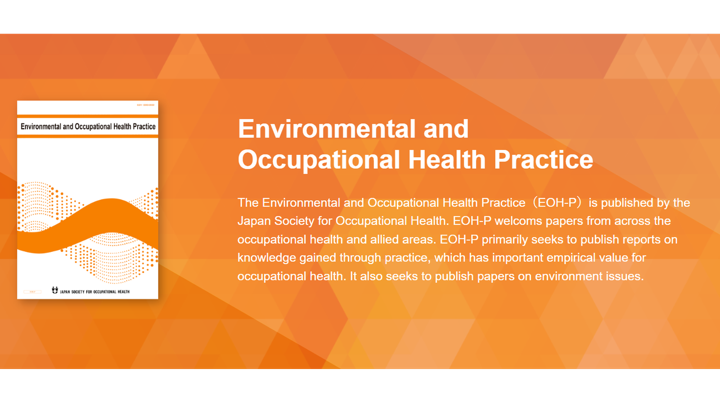#0013 Networking of occupational health care units promotes reduction of permanent disability pensions among workers they care: A register‐based study controlled by benchmarking with a 5‐year follow‐up

Quality Networking to Reduce Early Retirement and Promote Work Participation
In Finland, many health workers opt for early retirement owing to various reasons, including age, poor competence, poor social skills, continuous work, and physical strain. In such cases, they receive a disability pension from the government, which can be either a full or partial pension, for people with 60% and 40-60% reduction in work capacity, respectively. However, increasing number of people receiving a full disability pension can be cost-heavy for the society at large. Thus, recently, the goal of occupational health care (OHC) has been focused on the promotion of work participation and prevention of early retirement.
To this end, we aimed to find out if the networking and implementation of better strategies can reduce the incidence of disability pensions in workers.
A quality improvement (QI) initiative, developed by the Finnish Occupational Health Quality Network was conducted on a population of 41,472 workers. This network consisted of a collaborative setting comprising of autonomous OHC units. As part of this initiative, various QI activities were arranged for the workers, such as development of systematic work processes, sharing ideas and experiences, quality measurements of employers and employees, health check‐ups, and other interventions.
Our findings showed that networking among the OHC units and implementation of strategies caused a reduction in workers opting for full disability pensions. Also, we saw a stronger shift in these workers opting for a partial pension, rather than a full pension. Moreover, when workers took a partial disability pension, they were motivated to return to work and engage in their work.
To conclude, we showed that quality networking and initiatives have a positive impact on the pension options of workers. Thus, such changes should be implemented to reduce the burden of disability pensions on society and increase work participation.
Link to the original journal article:
https://onlinelibrary.wiley.com/doi/full/10.1002/1348-9585.12087?af=R
Title of the paper:
Networking of occupational health care units promotes reduction of permanent disability pensions among workers they care: A register‐based study controlled by benchmarking with a 5‐year follow‐up
Authors:
Jarmo Kuronen, Klas Winell, Sami Riekki, Jelena Hartsenko, Kimmo Rasanen




